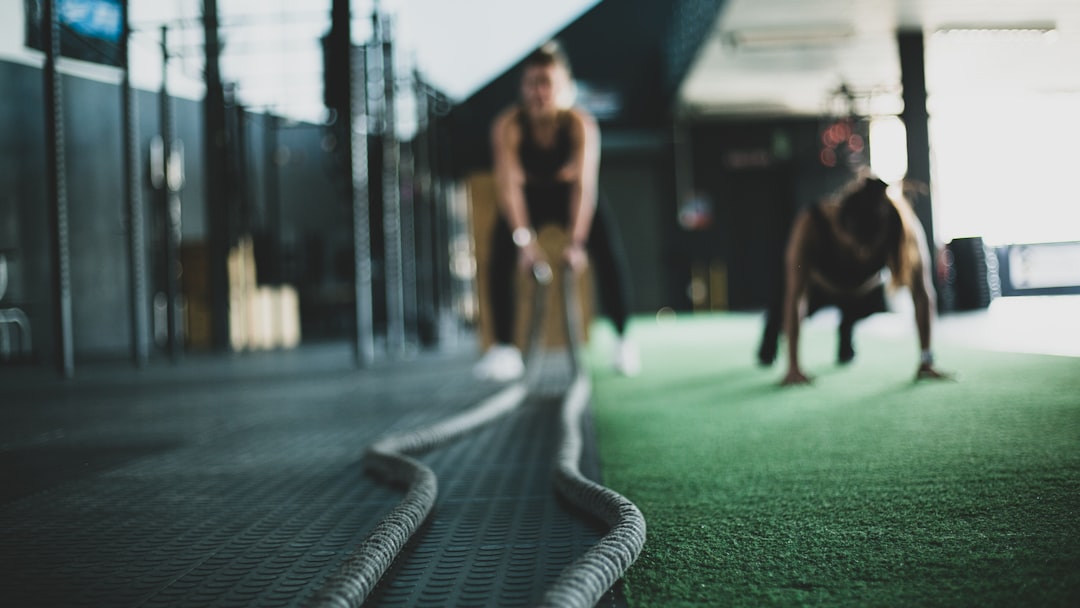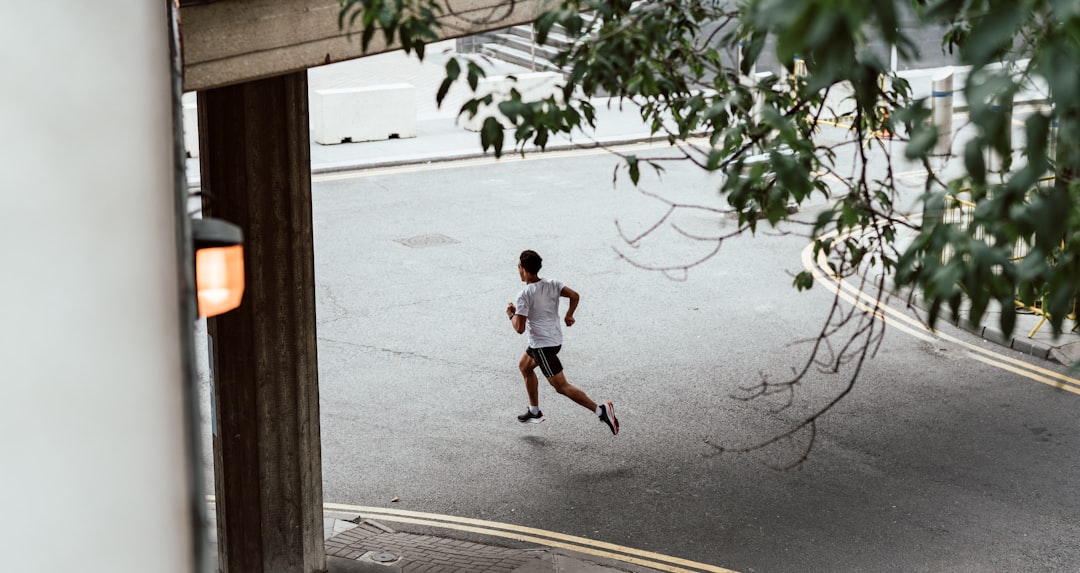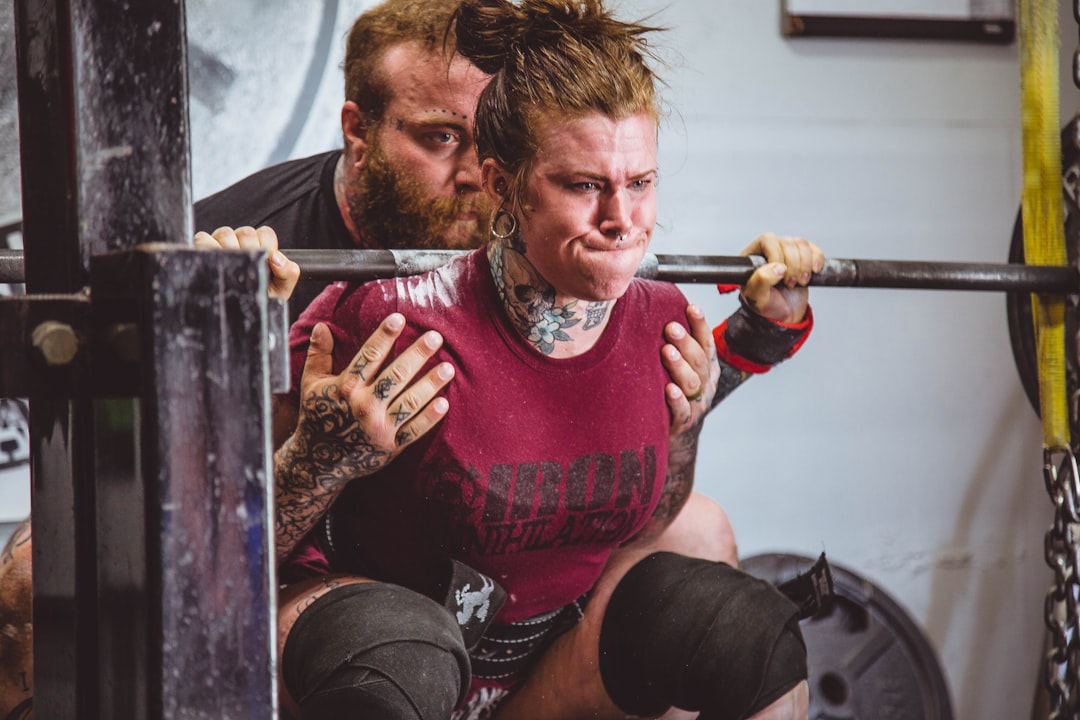For casual runners and passionate racers alike, improving race times can feel like a never-ending pursuit. When Amanda, a 34-year-old recreational runner from Portland, set her sights on breaking her long-time 10K plateau, she turned to something unconventional—an AI-generated training plan. Just 10 weeks later, she crossed the finish line 10 minutes faster than her personal best.
“I always thought I needed a personal coach or expensive running group to get better,” Amanda said. “But I stumbled upon an AI fitness app that builds custom routines based on your current fitness, goals, and availability. It changed everything.”
The Initial Struggle
Amanda had been running consistently for three years, but her progress had flatlined. Her 10K time hovered around 59 minutes, and no amount of mileage seemed to shave off those stubborn extra seconds. She found herself stuck: burnt out mentally and physically.
That’s when a fellow runner recommended trying an AI-generated training program. Skeptical but curious, Amanda downloaded a popular smart fitness app and filled out a detailed profile: recent race times, weekly mileage, effort levels, and even her sleep patterns.
How the AI Changed Her Training Approach
The AI thoroughly analyzed Amanda’s inputs and produced a periodized 10-week training plan targeted at knocking 10 minutes off her 10K. Her customized workout calendar looked different from anything she had tried before:
- Speed workouts twice a week with intervals based on her heart rate zones
- Strategic rest days programmed after intense sessions
- Gradual increases in weekly mileage to avoid injury
- Weekly progress feedback based on GPS and heart rate data
“The plan wasn’t just about running more; it was running smarter,” Amanda said. “It adjusted every week based on how I performed and how I felt.”

The Results: Faster, Stronger, More Confident
Midway through the program, Amanda began noticing tangible improvements. Her breathing improved during hill runs, recovery time shrunk, and her body felt more balanced. Most surprising was how the AI’s rest recommendations kept her free from the shin splints and fatigue that once plagued her.
On race day, the payoff was unmistakable. She finished her 10K in 49 minutes flat—10 full minutes off her previous record.
“It wasn’t magic, but it felt like it,” she joked. “What helped most was the consistency and precision. Every run had a purpose.”

Why AI Might Be the Training Partner You Didn’t Know You Needed
While AI can’t replace human coaches for elite athletes just yet, it’s proving to be a powerful tool for recreational runners who want structure without the steep cost. Amanda’s success shows that machine learning can not only analyze patterns but also apply them in a deeply personal way that fits real lifestyles.
“I used to dread training or feel lost about what to do,” Amanda admitted. “Now, I enjoy it. The AI takes care of the plan so I can focus on the run.”
For those looking to reach new PRs or revive their love for running, an AI-generated plan might just be the smartest running partner yet.
Frequently Asked Questions (FAQ)
-
Q: How does an AI training plan work?
A: AI training plans use machine learning to analyze your fitness data—including pace, heart rate, and previous race times—to create and adapt workouts based on your progress. -
Q: Are AI-generated plans only for experienced runners?
A: Not at all. These plans are flexible and can accommodate beginners, intermediates, and even advanced runners by adjusting the difficulty and intensity accordingly. -
Q: What type of data do I need to provide?
A: Most apps ask for basic inputs: age, fitness level, running goals, weekly availability, and access to fitness trackers like GPS watches or heart rate monitors. -
Q: Can AI plans replace human running coaches?
A: While AI is a powerful alternative for personalized planning, elite runners might still benefit from the nuanced feedback of human coaches. However, for most casual runners, AI plans are more than sufficient.
